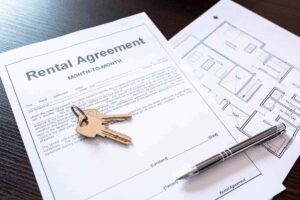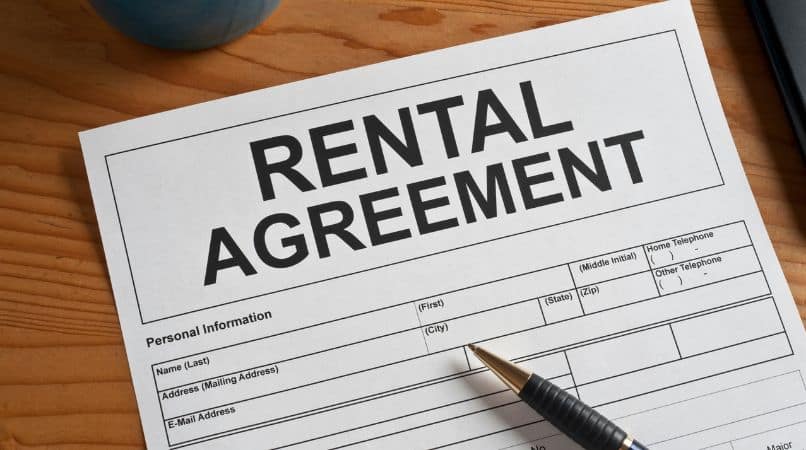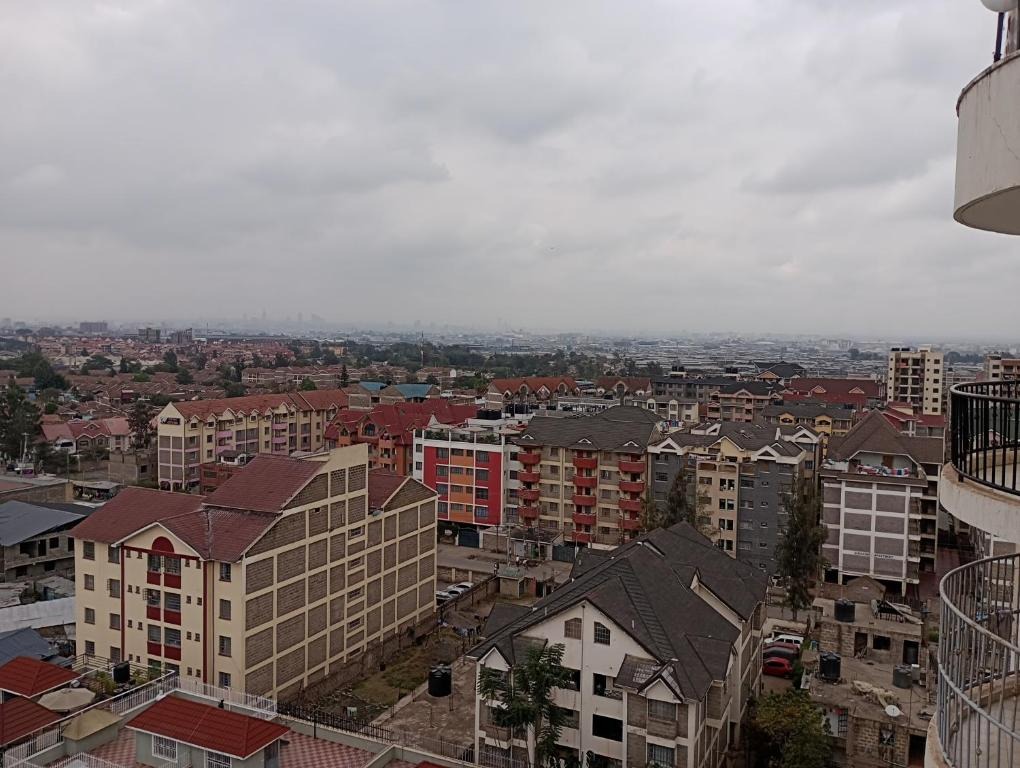
Renting a property in Kenya can be an exciting yet daunting experience, especially if you’re unfamiliar with the nuances of rental agreements. Whether you’re a first-time renter or a seasoned tenant, understanding the key components of a rental agreement is crucial to ensuring a smooth and mutually beneficial tenancy. In this comprehensive guide, we delve into the essential elements of rental agreements in Kenya and highlight what tenants should look for before signing on the dotted line.
What is a Rental Agreement?
A rental agreement is a contract that guarantees the tenant use of the property and guarantees the landlord regular payments for a specified period. It is a form of incorporeal right, meaning it is an intangible asset that grants the tenant the right to use the property. The agreement sets forth the duties of each party to effect and maintain the agreement and is enforceable by law.There are two main types of rental agreements in Kenya: residential and commercial. Residential leases are standard with the same terms for all tenants, while commercial leases are usually negotiated in accordance with the specific lessee and can run from one to 10 years.The following are key components of a rental agreement.
Lease Duration:
One of the primary aspects to consider is the duration of the lease. Rental agreements in Kenya typically range from six months to one year, although longer-term leases are becoming more common. It’s essential to clarify the duration of the lease and any provisions for renewal or termination.
Rent Amount and Payment Terms:
The rent amount and payment terms should be clearly outlined in the rental agreement. This includes the monthly rent, any additional charges such as utilities or service fees, and the preferred method of payment. Tenants should also verify the frequency of rent payments and any penalties for late payments.
Security Deposit:
Landlords often require tenants to pay a security deposit before moving in. This deposit serves as a form of insurance against damages or unpaid rent during the tenancy. Tenants should understand the terms and conditions governing the security deposit, including the process for refunding the deposit at the end of the lease.
Maintenance and Repairs:
Clarifying the responsibilities for maintenance and repairs is essential to avoid disputes during the tenancy. The rental agreement should specify whether the landlord or tenant is responsible for maintaining the property and addressing any necessary repairs. Additionally, tenants should understand the procedure for reporting maintenance issues and the timeframe for resolution.
Property Use and Restrictions:
Rental agreements often include provisions regarding the use of the property and any restrictions imposed by the landlord. Tenants should carefully review these clauses to ensure they comply with any rules or regulations governing the property. Common restrictions may include limitations on subletting, pet ownership, or alterations to the premises.
Termination Clause:
It’s essential to understand the conditions under which the lease can be terminated by either party. The rental agreement should outline the notice period required for termination and any penalties or fees associated with early termination. Tenants should also be aware of their rights in the event of a breach of the rental agreement by the landlord.
Early Termination Clauses:
Some rental agreements have early termination clauses that allow tenants to terminate the contracts under specific conditions, such as job-related relocation, divorce-induced hardship, or when the landlord fails to fulfill their contractual obligations.
Notice Period and Termination:
Even in cases where tenants are allowed to break their leases early, they must still provide the landlord with at least 30 days’ written notice of their intention to terminate the agreement.
Legal Obligations:
Finally, tenants should familiarize themselves with their legal rights and obligations as outlined in the rental agreement. This includes provisions related to eviction procedures, privacy rights, and dispute resolution mechanisms. Seeking legal advice before signing a rental agreement can provide additional peace of mind and ensure that your rights are protected.
Consequences of Breaking a Rental Agreement:
Breaking a rental agreement can have severe consequences, including civil lawsuits, derogatory marks on credit reports, and difficulties in renting a new residence. Tenants who need to break their leases must often negotiate with their landlords or seek legal counsel. In some cases, giving a certain amount of notice or forfeiting the security deposit allows tenants to break their leases with no further consequences.
In conclusion, navigating rental agreements in Kenya requires careful attention to detail and a thorough understanding of the terms and conditions outlined in the document. By focusing on key aspects such as lease duration, rent amount, security deposit, maintenance responsibilities, property use, termination clauses, and legal obligations, tenants can enter into a rental agreement with confidence and clarity. Remember, a well-informed tenant is better equipped to advocate for their rights and maintain a positive landlord-tenant relationship.







